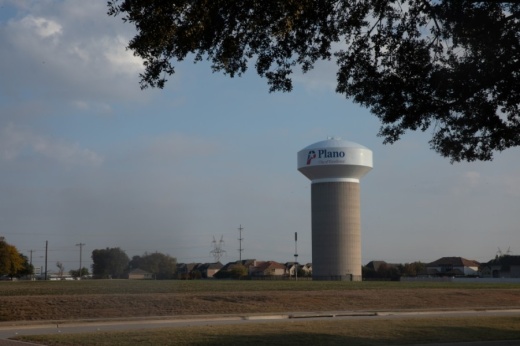This extension to the agreement, initially termed to end in January 2021, will allow for the university to perform field tests on the 44 air-quality monitors built for Plano. Without field testing, the monitors could be placed in Plano but would not have been calibrated properly for accuracy and reliability, staff shared in a memo for the Nov. 23 Plano City Council meeting.
The process of placing and calibrating these monitors was delayed due to the coronavirus pandemic, the memo shared.
The city of Plano first entered into the agreement with UT Dallas in April 2019. A number of North Texas stakeholders have also partnered with the university to create a real-time regional air-quality monitoring network, as the region is currently not in compliance with the Clean Air Act, staff shared.
These monitors can gauge levels of PMM1, PM2.5, PM10 and CO2. This information can be used to lower the risks of exposure and guide environmental health policies and practices in areas such as traffic management, signal light timing, vehicle idling, alternative transportation and personal outdoor activities, according to staff.
This extension of time has no financial impact on the city, as the project is paid for by the Department of Energy’s Energy Efficiency and Conservation Block Grant.
The monitors are built and calibrated by a team under UT Dallas physics professor David Lary. By working with Lary through this research partnership, the city is able to use new technology at a lower cost, staff shared.
The item was approved as part of the council consent agenda Nov. 23.





